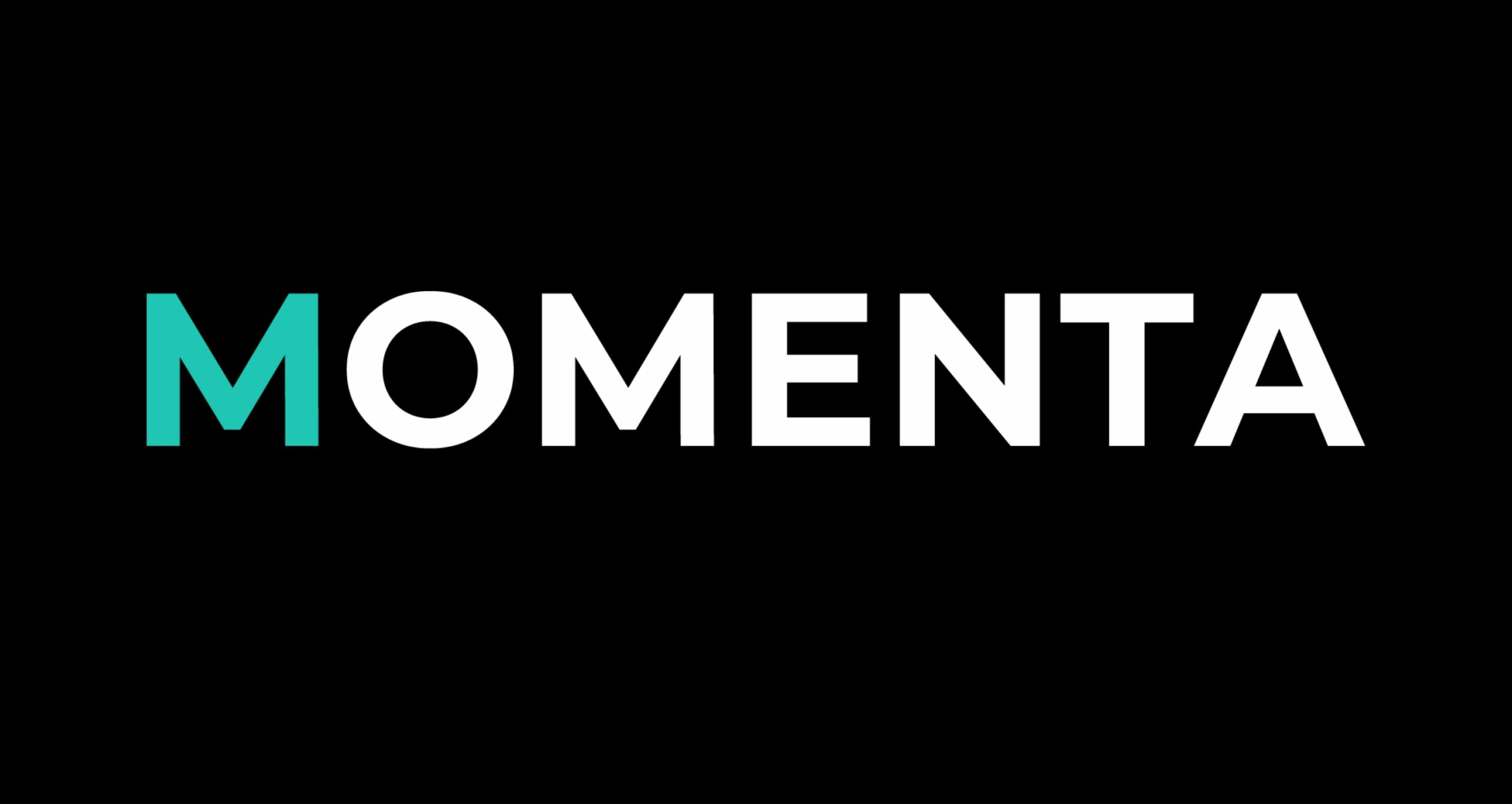Understanding how COVID-19 will change the work landscape of 2020 and beyond
Society, businesses, and industries are forced to create new norms to adjust to the COVID-19 world we inhabit. So, what does the future of a day at work look like and how will industries be impacted? It will probably look like a remote one. Now more than ever businesses lifelines rely on that of the remote workforce to drive its operations as businesses try and change their models to adjust to new market landscapes.
So, what of the global markets?
Global markets have plummeted as the demand for non-essential goods deceases. The local hairdresser or pub is now at risk of closure as a lack of demand means business, as usual, ceases to exist. Industries taking the biggest hits are the airlines with an estimated loss of $113 billion according to The International Air Transport Association (IATA) if the pandemic persists. The Guardian reported that an estimated £10 billion worth of clothing is piled up in warehouses during the lockdown in the UK. Sports to have been impacted. Worth 160 billion the global sports industry has come to screeching halt, leaving serious financial ramifications behind. It is easy to see that International markets are plummeting as the pandemic spreads; some markets having displayed their worst figures since the WW2.
It’s not hard to see why the world starts-ups has also been shaken. Fundraising during these harsh times will be no walk in the park and many will have to place their plans on hold for the time being. This is not to stay this will be the end of the start-up boom. The lasting impressions of COVID -19 on society may create several favourable conditions for start-ups as fundamental shifts in how we work will occur.
Not all sectors have felt the COVID-19 hit. Insurance policies and certain e-commerce giants such as the likes of Amazon and Alibaba have significantly increased profits over the past few months. Business Insider reported that Jeff Bezos made a record-breaking $6 billion in sales in 2020 thanks to the pandemic. Increased demand for online and digital platforms have highlighted the need for such solutions in our new isolated everyday lives.
FinTech appears to be the way forward in revolutionising financial service markets by bridging the gap between government grants and claims, delivering faster outcomes to consumers, will be a Godsent for many. New collaborative approaches to FinTech are creating new collaborative solutions in payments and lending platforms often acting as intermediaries to help with the high demand of government incentives and grants.
Career change , adjustments and the workforce
Financial Services sectors have seen a requirement for an influx of contingent workforces, as the high demand for additional online services has been felt. From call centres to chatbots, banks have been inundated with daily requests from customers regarding new loan schemes implemented by Governments. This will continue to grow -post-COVID-19 as we will see in high demand of administrative, legal, and client-facing roles needed to deal with the additional pressures placed on banks.
Many have had to make a career change to survive the pandemic. Temporary displacement of individuals has seen stories from across the globe of many taking on remote roles that are not in their usual line of work. For example, the UK has seen a record number of individuals apply for farming jobs over the past few weeks indicating the mass amount of need for work placements.
We can expect to see a rise in this type of career change as roles shift to adapt to markets. These are unprecedented times and so it would only be natural for new norms to be defined. Expect to see more contingent remote roles come into play as businesses find ways to adjust to new landscapes. More organisations are turning to contingent workforces to help with increased demands being placed on them as a result of COVID-19. Rather than retaining permanent staff, to save costs contingent staff are being hired on a project basis. The hiring landscape is changing to project-based resourcing and individuals are leaving their permanent roes to fill the increasing demand of contingent ones. The post- COVID-19 world will see an influx of this type of trend, as organisations demands increase and new ‘normalities’ are formed.
What does the coronavirus mean for hiring and the future workforce?
Companies have acted swiftly in implementing remote working systems to adapt to a digital-only environment and will continue to develop their digital platforms, in hopes to become more resilient, in a post- COVID- 19 worlds. We can expect more remote placements, the use of virtual recruitment as well as networking via online events to become the new hiring norms. Contingency plans will revolve around getting the right skilled remote workforce to adjust to changing markets and the challenges they bring.
We have seen a boom in this type of market behaviour as we are resourcing firm and for over 30 years have deployed skilled contingent professionals within the Financial Services, Legal, Technology, and Training and Development sectors.
[1]Source: https://airlines.iata.org/news/potential-for-revenue-losses-of-113bn-due-to-covid-19-%E2%80%9Ccrisis%E2%80%9D
[2] Source: https://www.theguardian.com/business/2020/apr/05/cath-kidston-to-call-in-administrators-amid-coronavirus-lockdown
[3] Source: https://www.businessinsider.com/coronavirus-made-amazon-jeff-bezos-richer-but-not-other-billionaires-2020-3?r=US&IR=T
